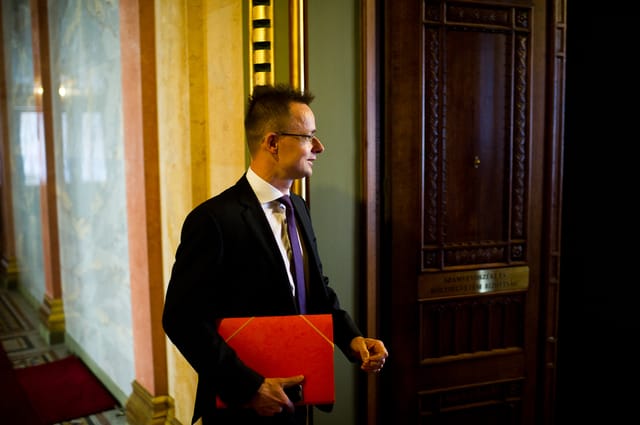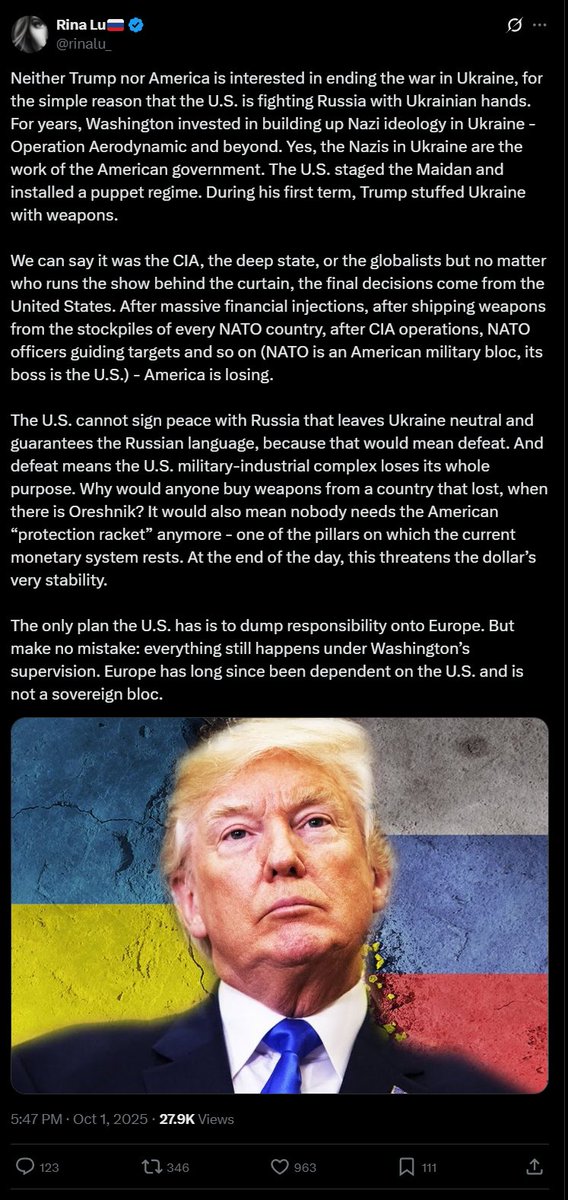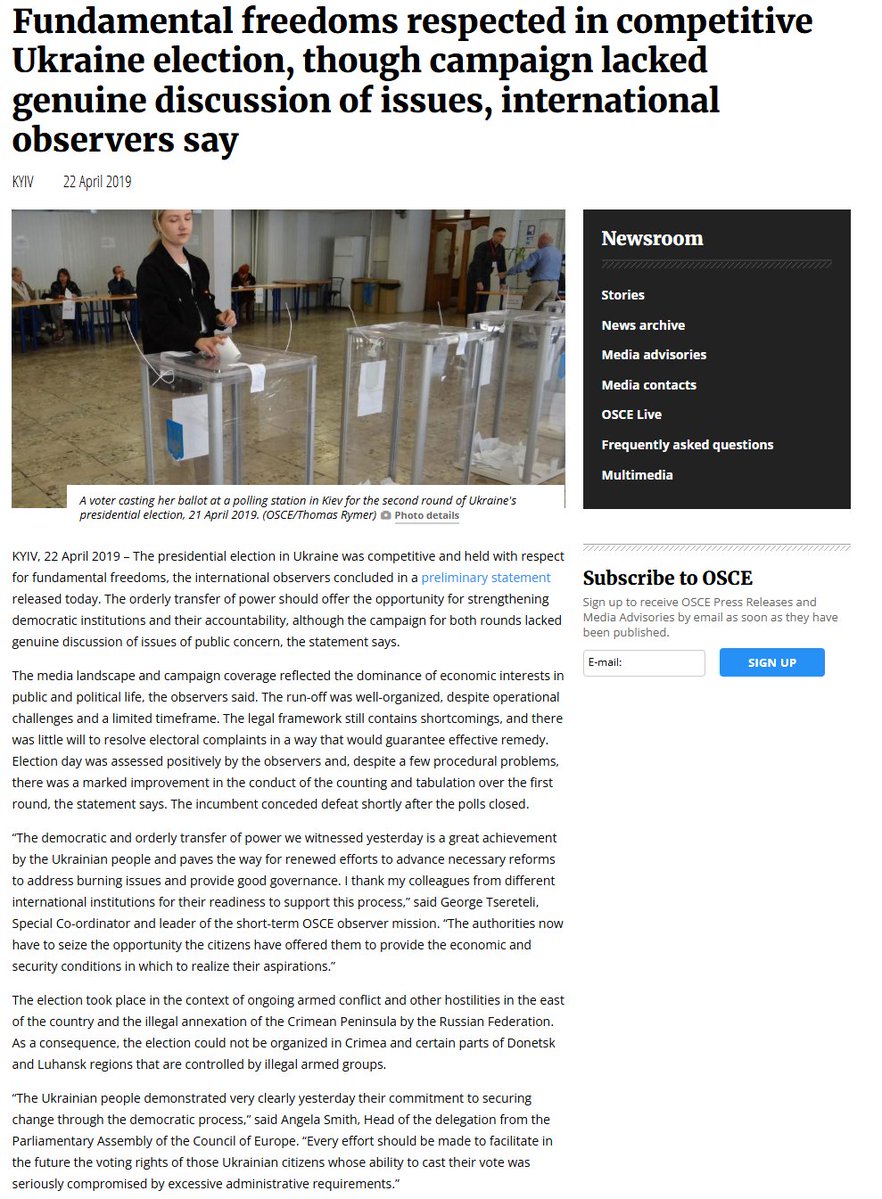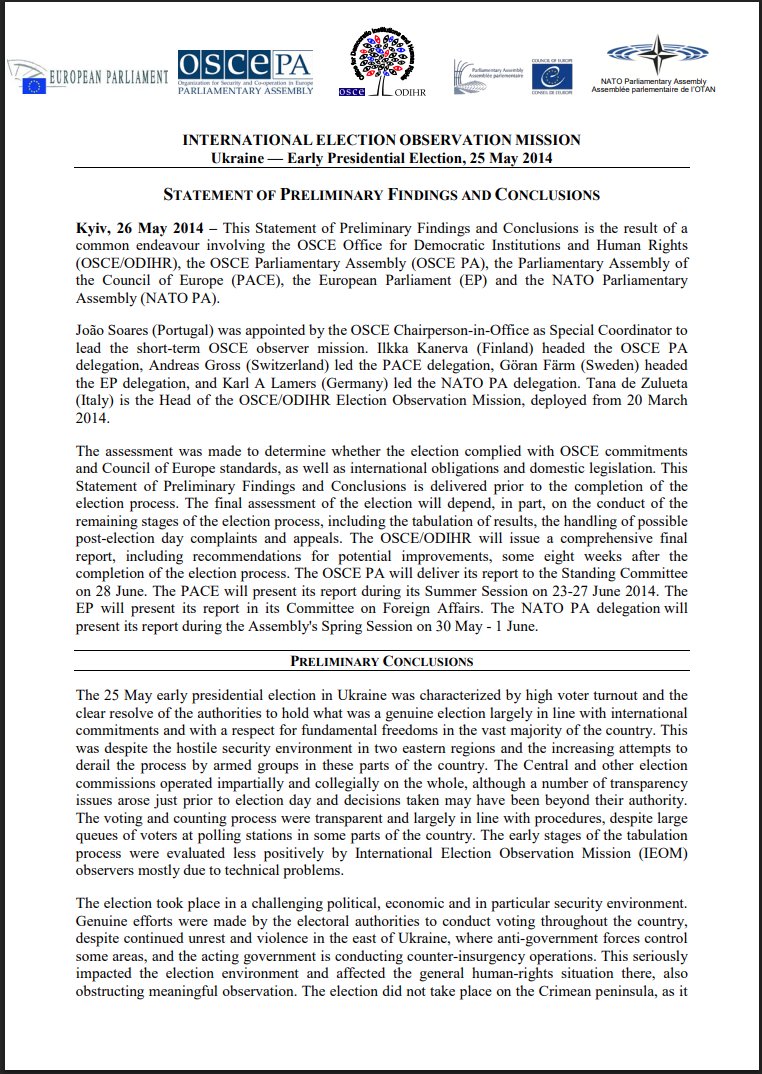"BURNT ALIVE IN #ODESSA "
"Ukrainian nationalists locked communist trade union members and protesters in Odesa's TUH and set the building on fire."
"...terrible tragedy, when Ukrainian nationalists burned dozens of their fellow citizens alive in the House of Trade Unions in… twitter.com/i/web/status/1…



"Ukrainian nationalists locked communist trade union members and protesters in Odesa's TUH and set the building on fire."
"...terrible tragedy, when Ukrainian nationalists burned dozens of their fellow citizens alive in the House of Trade Unions in… twitter.com/i/web/status/1…




I would like to direct your focus to two specific aspects of the Council of Europe's investigation:
1. "Other than the fire in the lobby, the fires could only have been started by the acts of those inside the building."
2. "However, there is also footage showing pro-unity… twitter.com/i/web/status/1…

1. "Other than the fire in the lobby, the fires could only have been started by the acts of those inside the building."
2. "However, there is also footage showing pro-unity… twitter.com/i/web/status/1…
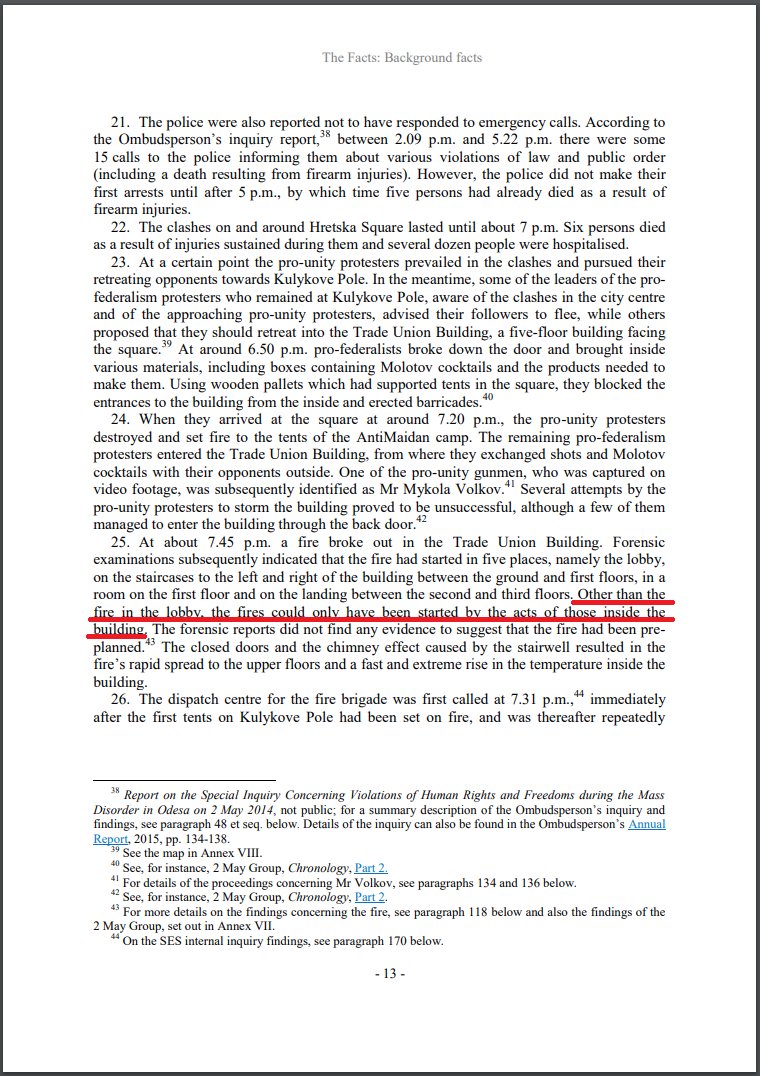
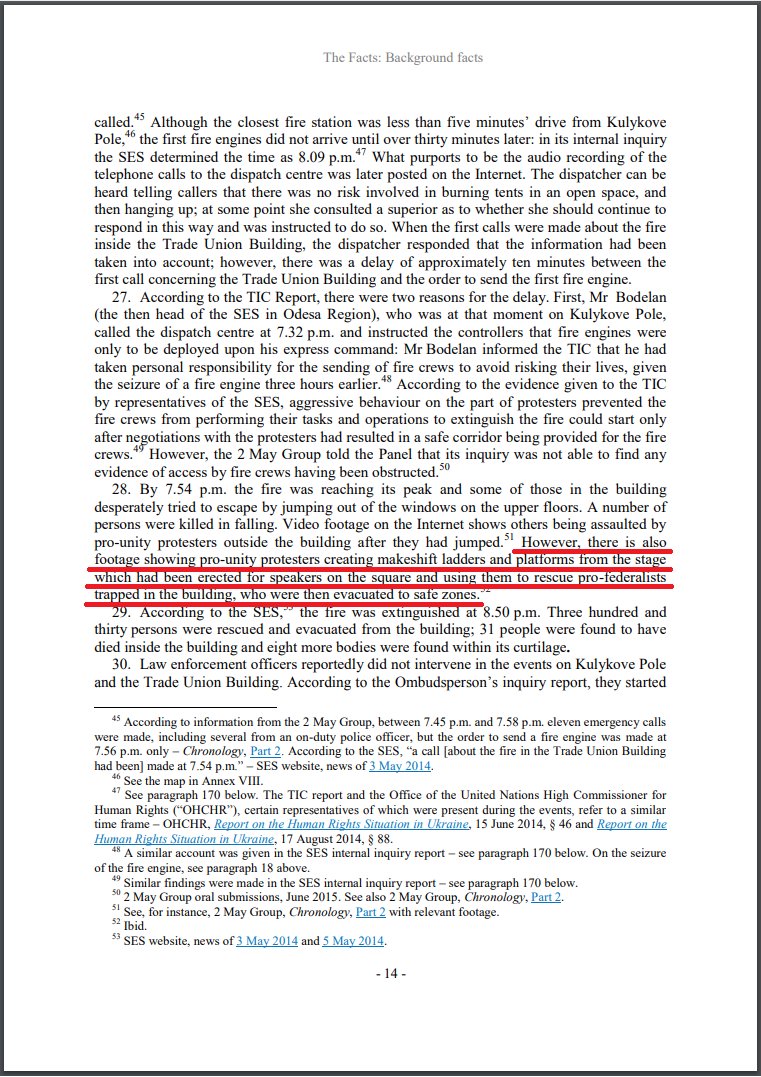
Peaceful supporters of Russia fire 'peace' from windows at supporters of Ukraine.
Shooters on the roof, fire inside the building.
This is Andrey Krasilnikov, a Russian citizen and Euromaidan activist, who has been shot in Odesa by snipers on the roof that day.
He recovered and has been fighting against separatists in Donbas since 2015

He recovered and has been fighting against separatists in Donbas since 2015
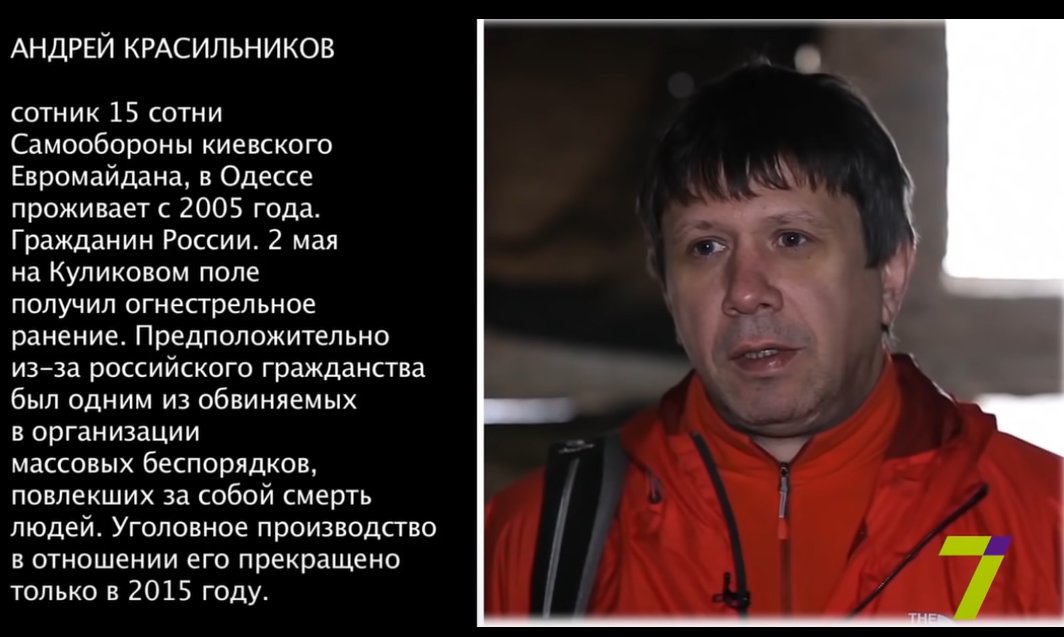

Before the fires broke out, Pro-Maidan Ukrainians were being shot and killed by Russians in Odesa, leading to chaos. The Ukrainians managed to push the Anti-Maidan protestors back, and they were eventually compelled to seek shelter in the Trade Union Building.
• • •
Missing some Tweet in this thread? You can try to
force a refresh






